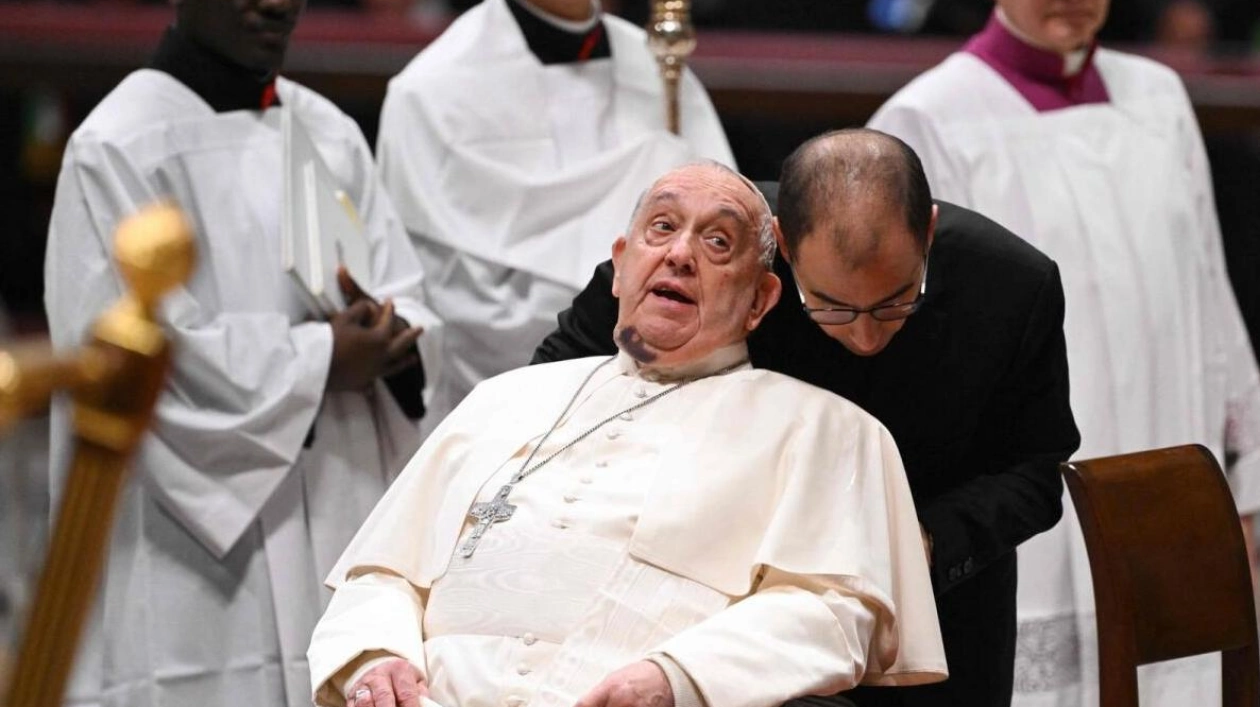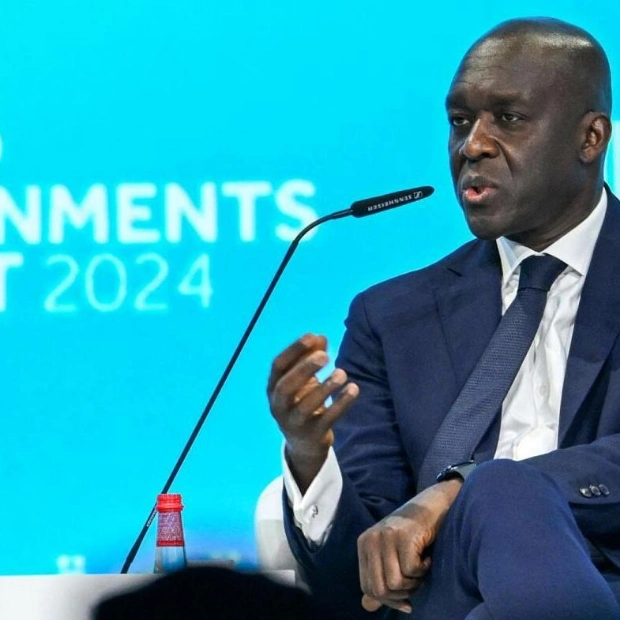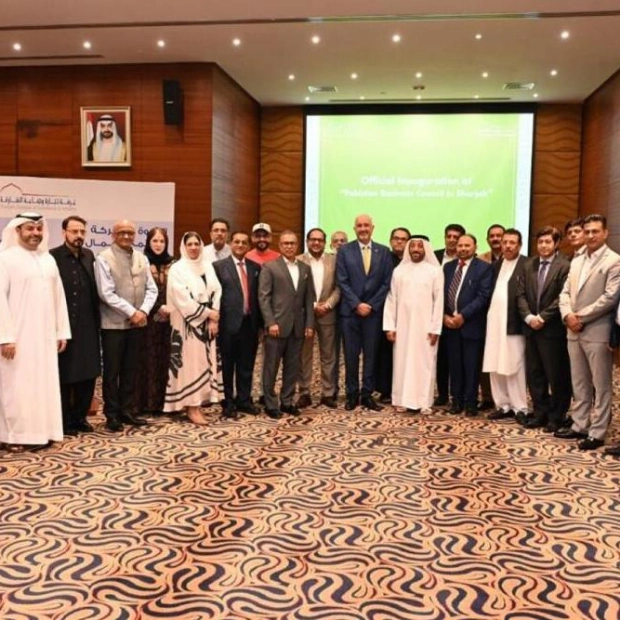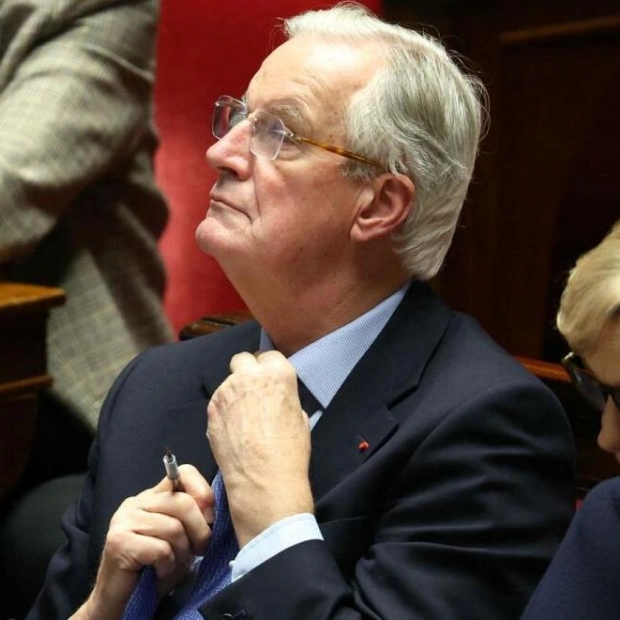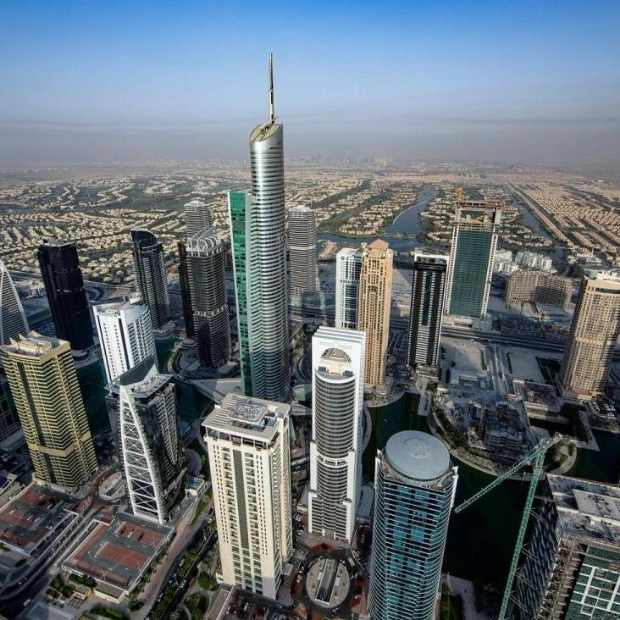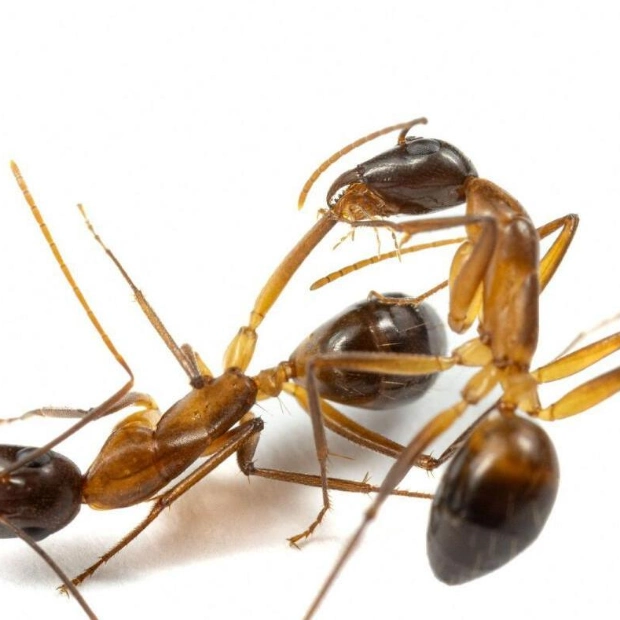Pope Francis presided over an Ordinary Public Consistory for the creation of new cardinals at St. Peter's Basilica in the Vatican on December 7, 2024. The event was marked by the presence of a visibly bruised Pope, who created 21 new cardinals from various continents, including bishops from Algiers, Tehran, Tokyo, and Abidjan. These new cardinals may play a role in selecting Francis' successor in the future.
During the consistory, Francis, aged 87, addressed the new cardinals with a noticeable bruise on his right jaw, which a Vatican source attributed to a fall from his bed. Despite his health challenges, the Pope managed to greet the assembled cardinals with warmth and encouragement. He emphasized the importance of representing the global nature of the Church and called upon the new cardinals to be witnesses of fraternity and builders of unity.
The Vatican did not provide an official statement regarding the Pope's bruise, nor did it respond to inquiries for further details. Francis' selection of cardinals this year included five from Latin America and two from Africa, reflecting his commitment to a grassroots Church that values its faithful worldwide. The Asia-Pacific region, where Catholicism is rapidly growing, was also represented with the promotions of the archbishop of Tokyo and the bishop of the Ukrainian Catholic Church in Melbourne, Australia.
Among the new cardinals is Dominique Joseph Mathieu, the archbishop of Tehran-Isfahan in Iran. With these new appointments, Francis has now chosen nearly 78 percent of the 140 'elector' cardinals. Twenty of the new cardinals are under the age of 80, making them eligible to vote in a future conclave to elect a new pope.
The ceremony took place under the soaring dome of St. Peter's Basilica, where the new cardinals knelt before Pope Francis to receive their scarlet caps and rings. Francis urged them to follow the path of Jesus and avoid the temptations of prestige and power. Following the ceremony, the new cardinals participated in a traditional 'courtesy visit' with the public and gathered for a mass at St. Peter's the next morning.
Archbishop Jean-Paul Vesco of Algiers praised the diversity of the new cardinals, calling it a positive step as long as they operate cooperatively. Francis has focused on underrepresented dioceses from the 'peripheries,' including regions where Catholics are a minority, such as Indonesia. His selections of cardinals reflect these priorities, breaking away from the tradition of promoting archbishops from prestigious dioceses like Milan or Paris.
Vatican observers closely analyze the list of new cardinals, seeing it as an indicator of the future direction and values of the Church. Despite his health issues, Francis remains active and has not indicated any plans to resign, unlike his predecessor Benedict XVI.
Source link: https://www.khaleejtimes.com
